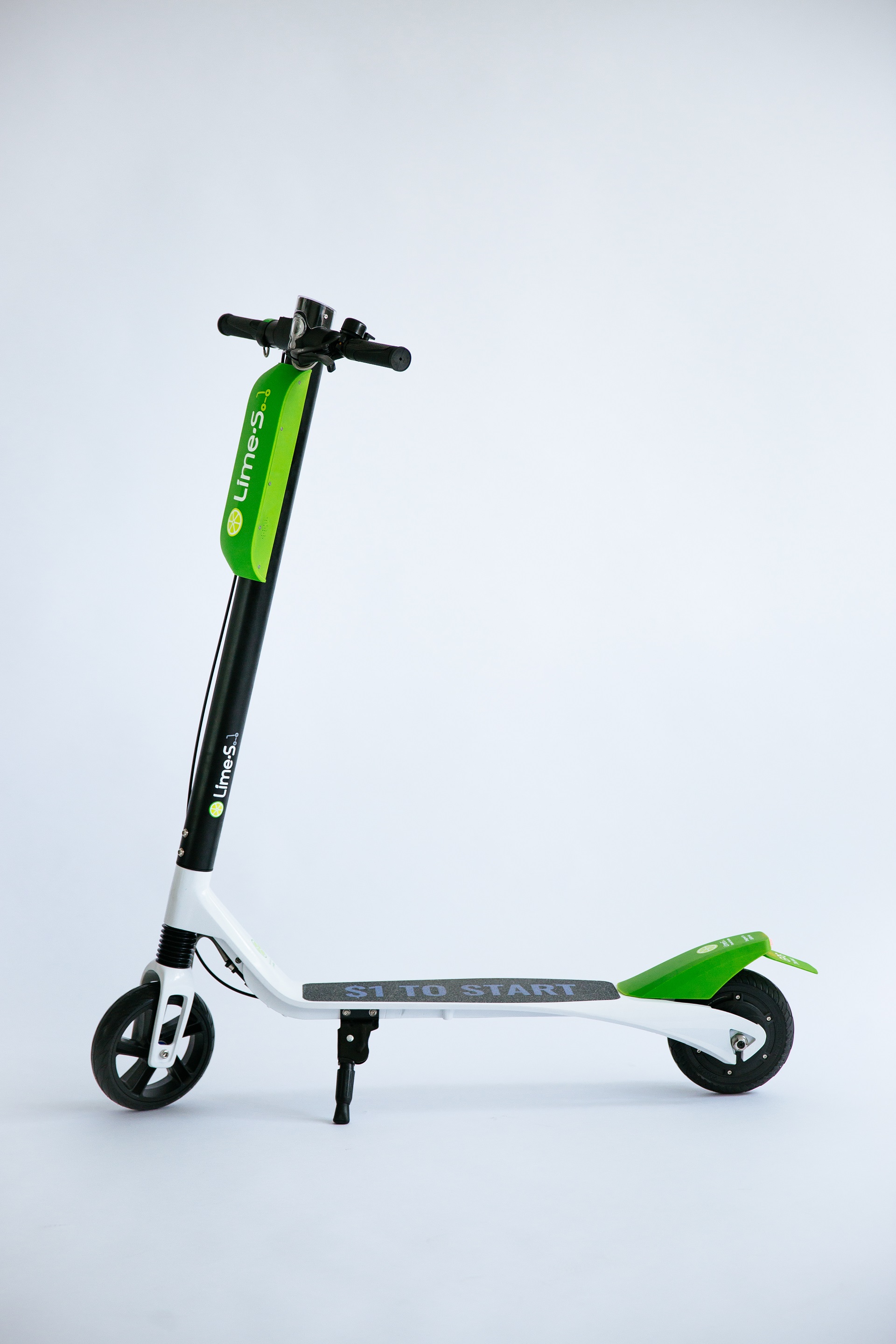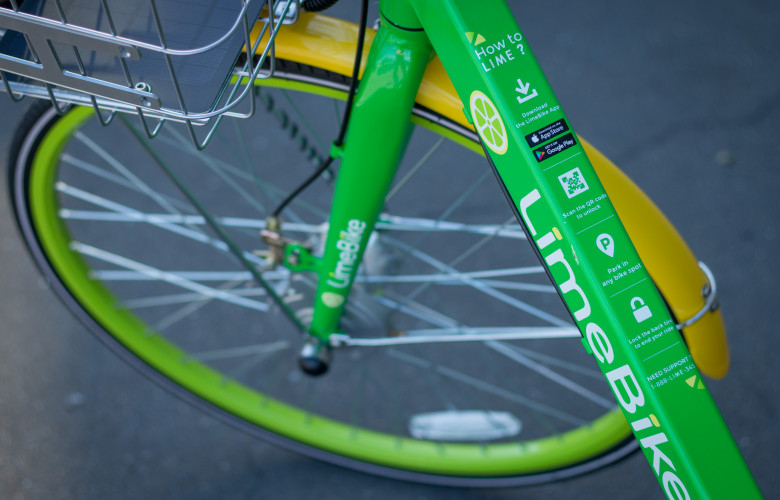Time for a Lime takeover?
Contact
Time for a Lime takeover?
The confiscation of e-scooters on the Gold Coast has shown that Lime can not always expect smooth passage when expanding its territory.
A shade of lime is changing what it means to go green when commuting, and dividing opinions along the way.
Questions loomed over Californian startup Lime's launch of shared e-vehicles in Brisbane and Sydney during November.
In Brisbane, where e-scooters were given the green light in November, the Queensland government gave Lime a last-minute exemption from laws that would have otherwise rendered the scooters illegal.
The Brisbane City Council has since provided a new permit for the company to run up to 750 scooters until the end of February, having initially only granted them a permit to operate until the end of 2018.
The council told News Corp it has recieved 74 complaints, mainly about speed, footpath clutter, near misses and inappropriate use, since the scooters started on November 16.
While there has been a massive uptake of the scooters around the CBD, South Bank, Fortitude Valley and other inner-city suburbs, Lime's expansion into other areas of the state hasn't received the same positive response.
The company was forced to "temporarily cease" its rollout of electric scooters on the Gold Coast in December after council confiscated 22 of the vehicles for being in breach of the city's transport laws.
The distribution of electric bikes in Sydney followed the collapse of Singaporean giant Obike in June, leaving many to wonder whether Lime had what it took to succeed in a city where others had failed.
More than 100,000 rides in the first two months suggests the company has learnt from the failings of its predecessors.
A combination of more staff and heftier bikes has made the vandalism which plagued the previous vendors more difficult.
A City of Sydney spokesman told WILLIAMS MEDIA that bike sharing remained an important sustainable transport option for the city.
“Lime has committed to operating within the guidelines developed by inner Sydney councils last year,” he said.
“We expect responsible and safe deployment and parking of bikes, and rider education.
“The provisions created by the NSW Government relating to shared devices such as share bikes place the onus on operators to respond quickly to bikes causing an obstruction or safety hazard.”
The cycling community has also seemingly welcomed the rejuvenation of the concept.
Bicycle NSW General Manager of Public Affairs Bastien Wallace said Lime’s bikes had the potential to help raise awareness of the issues facing cyclists in Sydney.
“There is more bikes on the road now, which has an aggregate benefit of making motorists familiar with their presence,” she said.
“For our members, there is the opportunity to keep riding well into old age, as well as the ability to keep up with elite riders.”

A Lime e-scooter. Source: Lime
Sydney could be set for another Lime option in the comings weeks, with the company in discussions to conduct a trial of its electric scooters within the city.
Lime's Director of Government Affairs Mitchell Price told WILLIAMS MEDIA it was another step towards the “unbundling of the car”.
“We’re really focussing on single-occupancy vehicles, because if people continue to rely on cars, Australia is not going to reach its Paris Climate Agreement target,” he said.
“Obviously, each state is different, and we are still working out the finer details with Transport NSW.”
There has been a mixed reception across the Tasman, where safety concerns have surrounded the introduction of the scooters.
Between October 11 and November 14, Auckland City Council received 141 claims for injuries involving e-scooters, with the majority of the incidents, 85, occuring in Auckland.
Mr Price said the company remained committed to working with the councils and communities across Asia Pacific.
“The lesson to come out of the Gold Coast is that operators who aren’t well-equipped in what they do end up being the operators that lose out,” he said.
“We do the right thing by working with councils and giving them data.
“In 2018, there was a big focus on data, and as we move forward, I think there will be even more emphasis placed on the way companies share their data with governments.”
Sources: stuff.co.nz, The Guardian, The Courier Mail
Read More:
AIBS weighs in on Sydney Opal Tower building trouble
Aria submits application for Fish Lane Town Square
MONA Lodges New Plans For $400m 'Motown' Hotel, Replacing 'HoMo'





